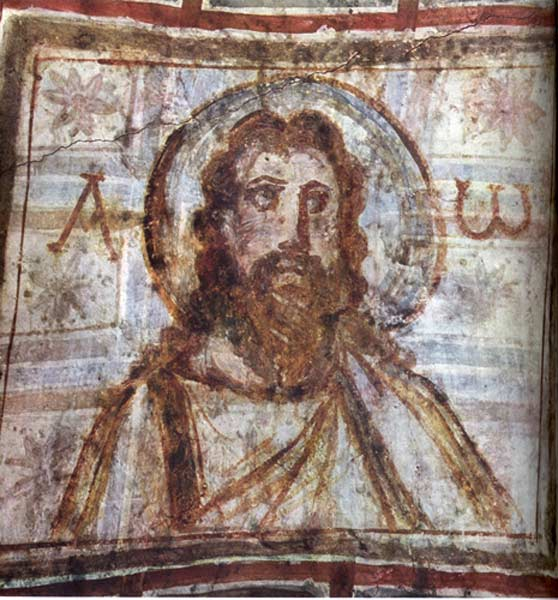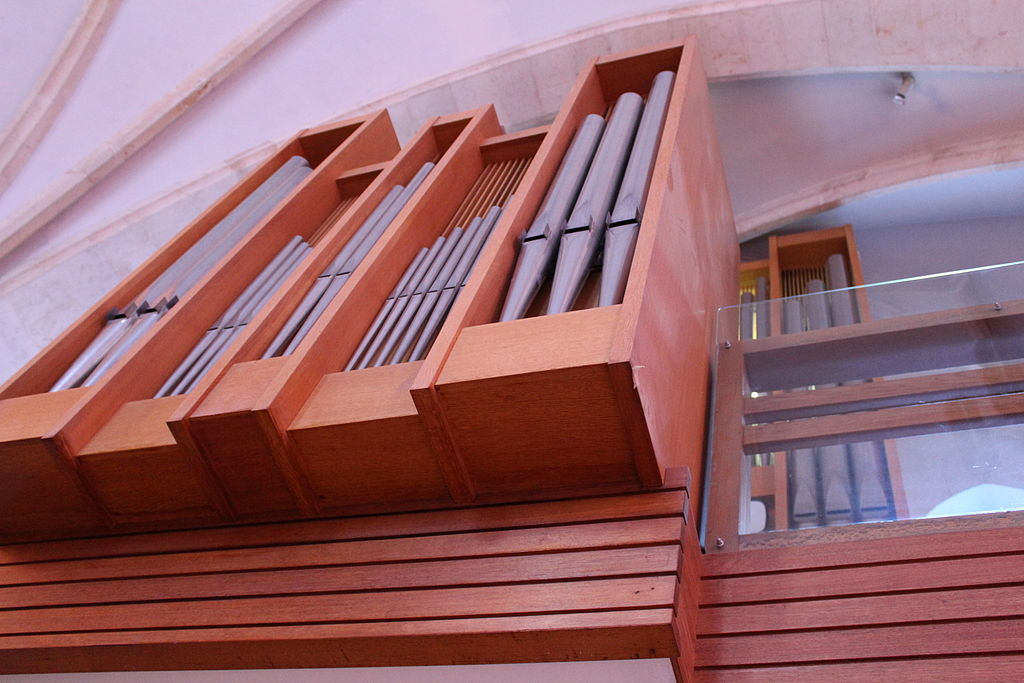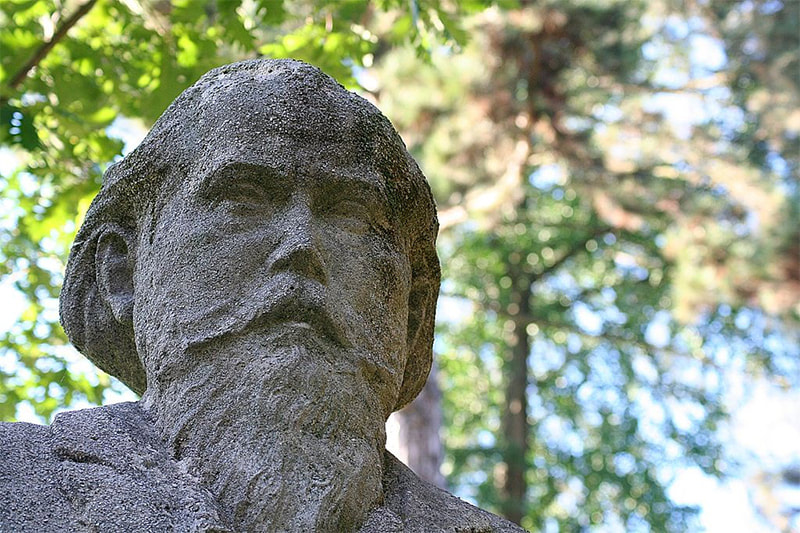 By bertvthul - https://pixabay.com/photos/the-road-beams-path-forest-nature-815297/, CC0, https://commons.wikimedia.org/w/index.php?curid=82446002 By bertvthul - https://pixabay.com/photos/the-road-beams-path-forest-nature-815297/, CC0, https://commons.wikimedia.org/w/index.php?curid=82446002 Music and words are intrinsically linked: one describes the other. Creatives and lovers of music and poetry have known this for centuries. I would say that we all experience this powerful relationship, consciously or not. So for this week, there will be no musicological descriptors of the music you'll hear this All Saints' Sunday but rather these— words. Harpist Alaina Bongers and flutist Rebecca Quillen bring the evocative titles "Willow Weeping in the Wind" and "Autumn Shadows" to life this Totenfest Sunday morning: a day when we remember loved ones who have passed on to the communion of saints, walking roads we can only imagine. The Stephen Paulus choral work, "The Road Home," comes to mind after writing the preceding paragraph. The poet Michael Dennis Browne collaborated with Paulus on this cherished anthem and described the genesis of the beautiful prose: "I thought of the speaker as a persona rather than myself...I was also trying to suggest the consolation that can come to someone of faith, in times of great stress, as a result of prayer and an abiding belief in divine mercy." Allow these words to bring you solace, and hope, during these anxious days. The music will follow... Tell me, where is the road
I can call my own, That I left, that I lost So long ago? All these years I have wandered, Oh when will I know There's a way, there's a road That will lead me home? After wind, after rain, When the dark is done, As I wake from a dream In the gold of day, Through the air there's a calling From far away, There's a voice I can hear That will lead me home. Rise up, follow me, Come away, is the call, With the love in your heart As the only song; There is no such beauty As where you belong; Rise up, follow me, I will lead you home.
0 Comments
In this week's reading, Jesus foretells his death.
Music to reflect the gravitas of this revelation to his followers can be found in Samuel Barber's Adagio for Strings, in an arrangement for organ by William Strickland. Upon the Cross Extended by Camil van Hulse continues the solemn affect as we near Holy Week. The Chancel Choir offers "Trust the Seeds" by Elizabeth Alexander, set to her original poem about nurturing the seeds of faith, entrusting their growth to God. The Threshold Choir will also join the morning services. They are part of a national movement to offer solace and comfort to those on the threshold of life through song. Their songs of peace and tranquility will be a welcome offering to all of us this Sunday morning. What's in a name?
This Sunday morning's organ selections were composed for a purpose and simply entitled as such. For the prelude, Edward Shippen Barne's "Prelude" begins the services. Opening modestly, the work evolves into complex harmonies reminiscent of the French 19th and 20th century organ composers, no doubt influenced by his study with Louis Vierne. Vierne was the titular organist at the Cathedral of Notre Dame, Paris from 1900 to his death in 1937. His ethereal composition Communion will be heard during the 9:00 a.m. service communion time. Postlude by Welsh organist and composer William Mathias ends the services in an elegantly jubilant spirit. The Chancel Choir presents a setting of the 1847 Shaker hymn "Followers of the Lamb" by Robert Wetzler. The text, altered slightly to suit contemporary Christian sensibilities, speaks to obedience and the delight in following the way of the Spirit. Two composers for the organ from opposite ends of 19th century Germany will be offered this Sunday morning.
Felix Mendelssohn (1809-1847) was very prolific during his short life and known as a guiding force in reviving the music of J.S. Bach. Fascination with fugal writing and other Baroque compositional techniques was shared also by future composers such as Robert and Clara Schumann and Johannes Brahms. The concluding Fugue in C Major from Mendelssohn's Organ Sonata No. 2 in C Minor will be offered. Brahms' final work was the Eleven Chorale Preludes composed in 1896, a year before his death. Clearly modeled after his life long adoration of Bach's music, the chorale preludes contain a Baroque sensibility but through the lens of the 19th century. Herzlich tut mich erfreuen ("My Faithful Heart Rejoices") is based on a 16th century hymn encouraging one to act from the heart in service to God. Brahms setting of the communion hymn Schmücke dich, o liebe Seele ("Adorn Yourself, O Dear Soul") will be offered at 9:00 a.m. At the 11:00 a.m."choral" service, the Chancel Choir will present Abbie Betinis's canon "Love Is Love Is Love Is Love," with encouragement of congregational participation! |
Details
|




 RSS Feed
RSS Feed